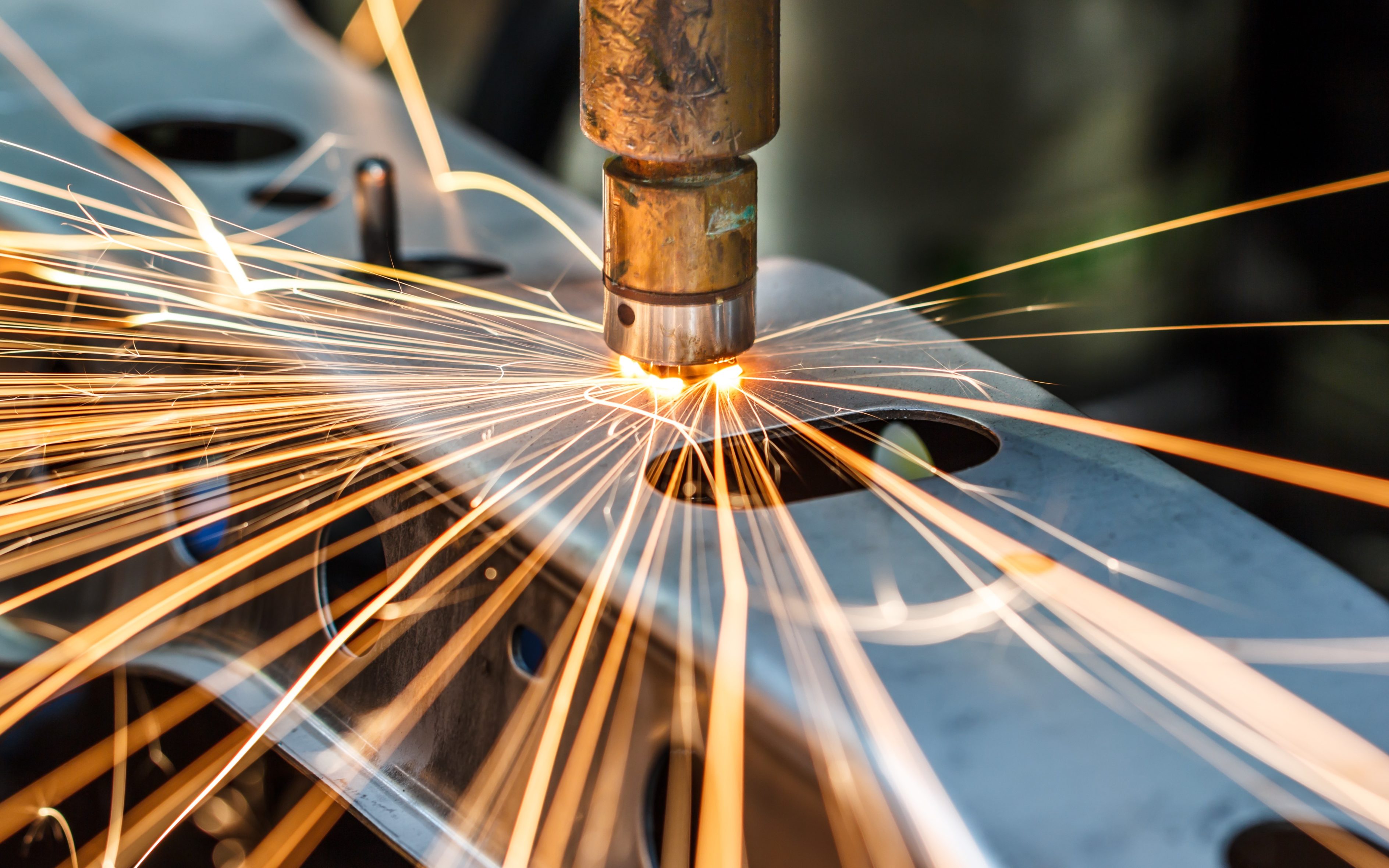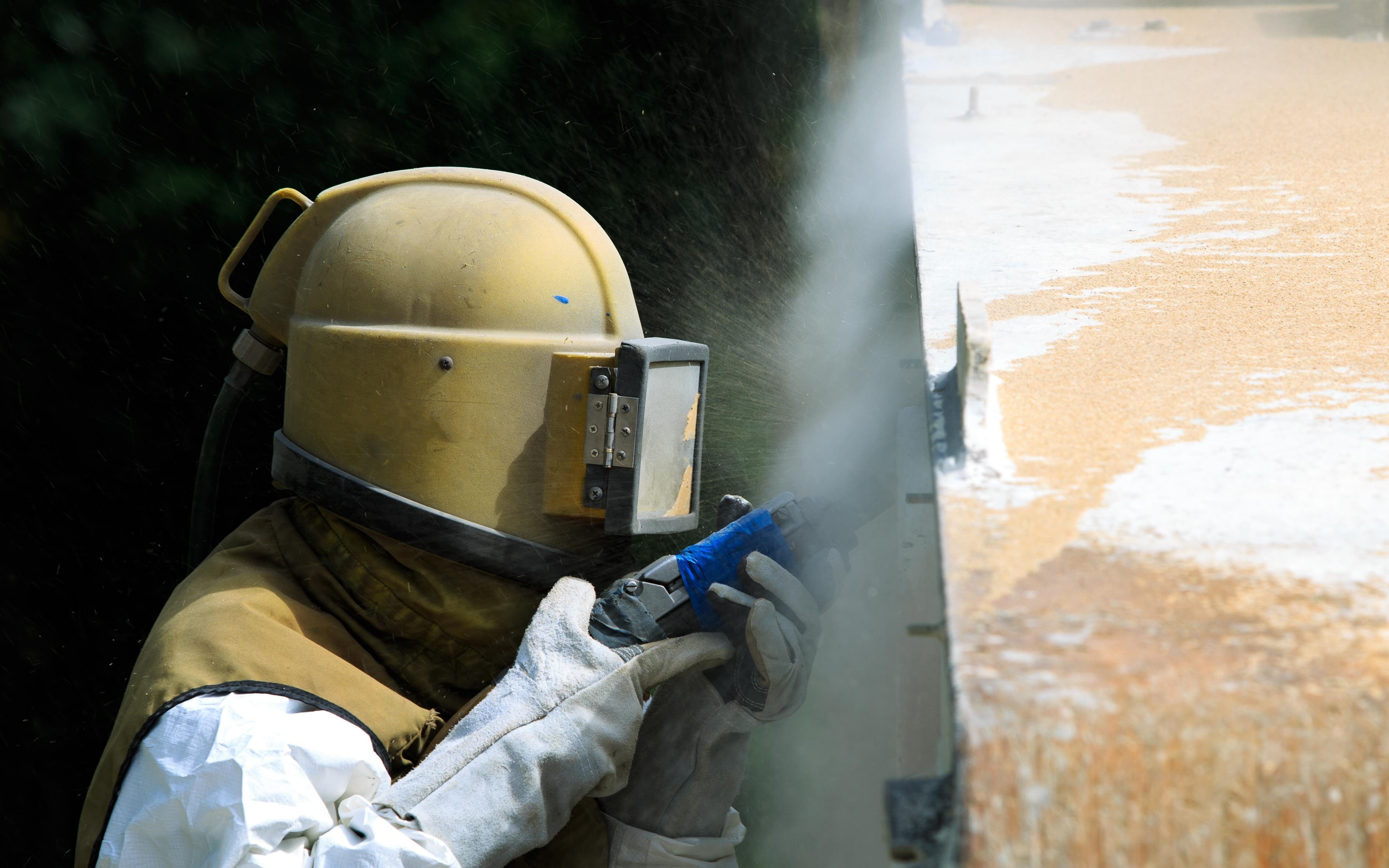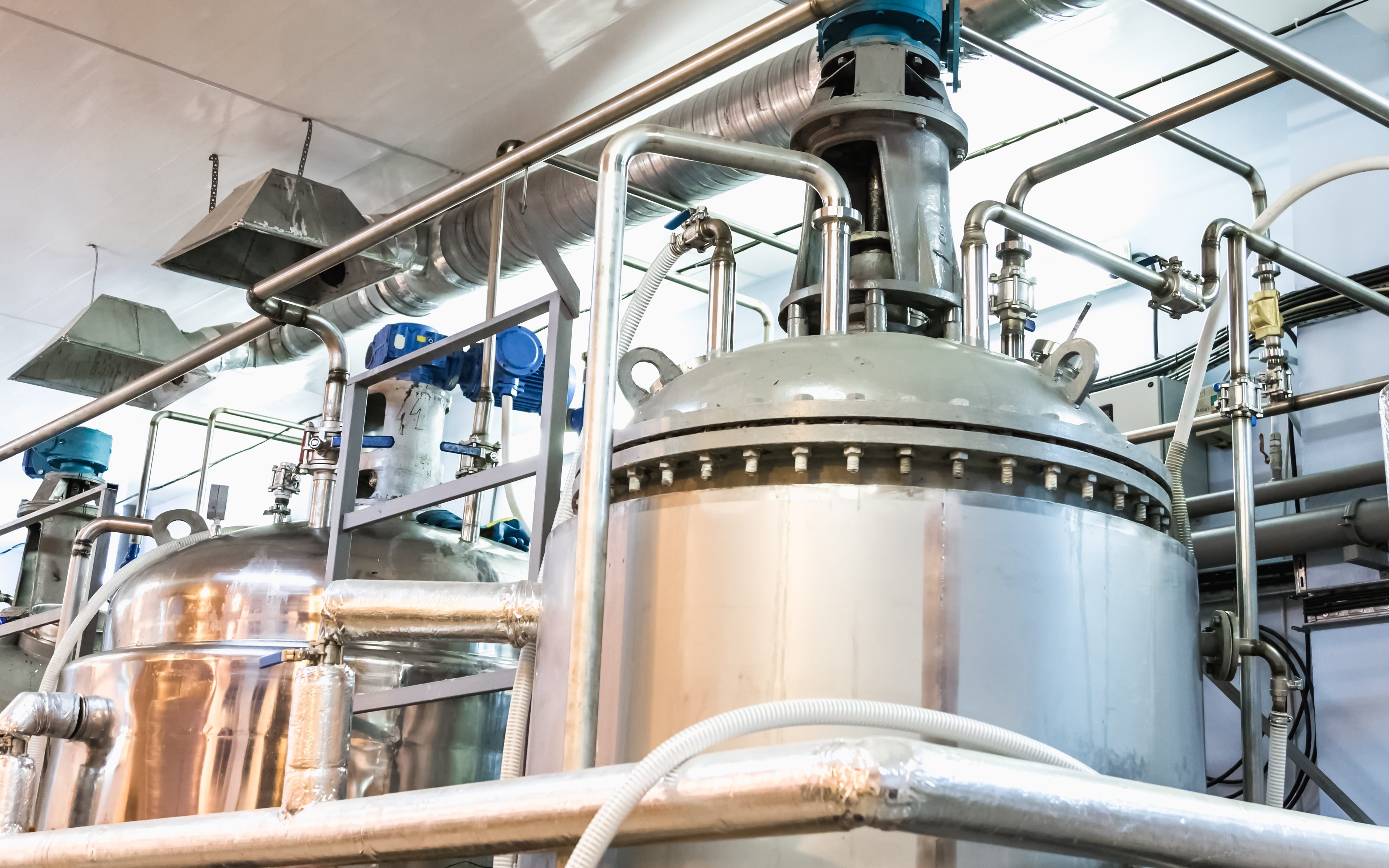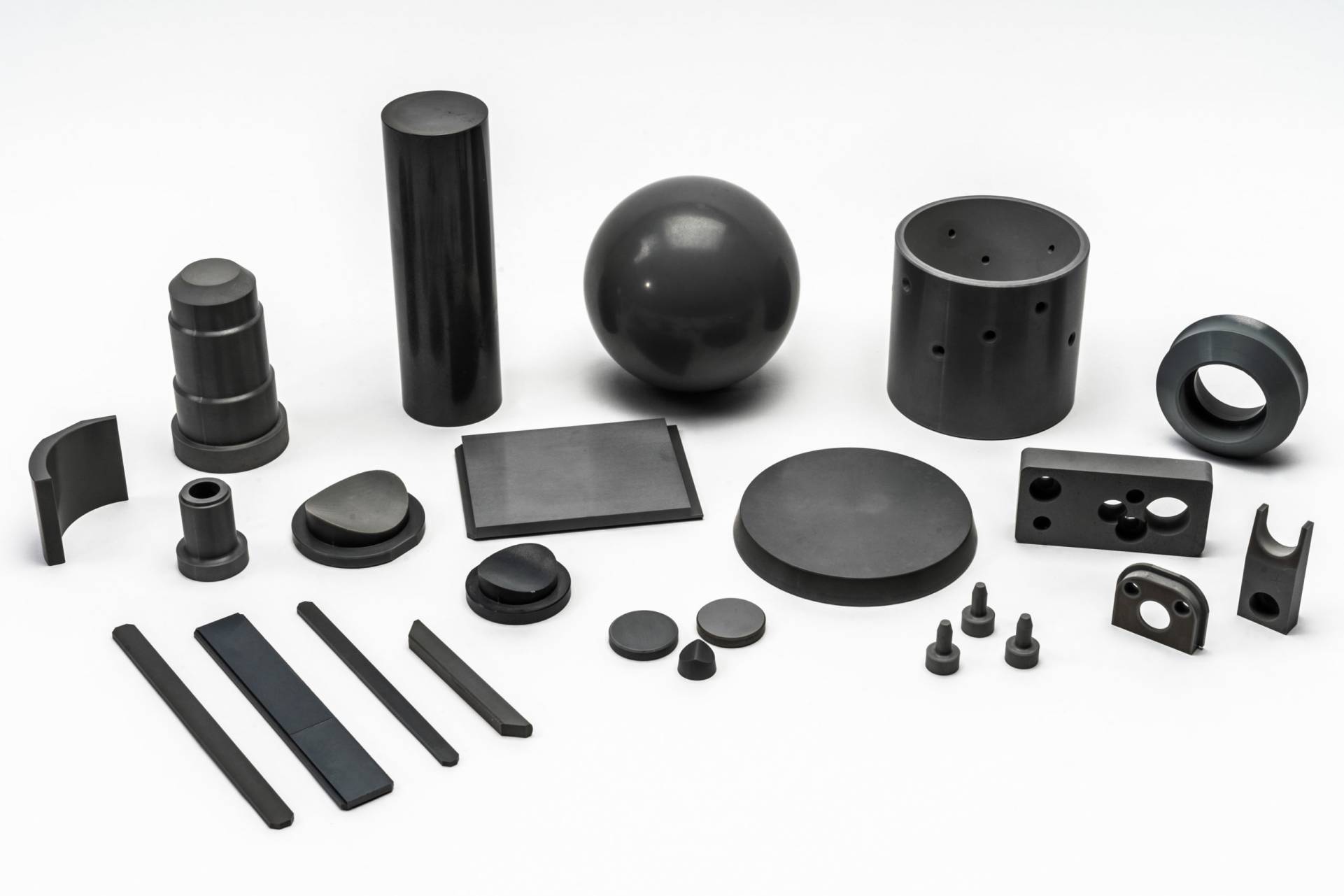METAL ADHESION
The Problem: Unwanted Bonding in Molten Metal Environments
Metal adhesion is a major challenge in industries like foundry operations, extrusion, wire drawing, and welding. When molten or semi-solid metals bond to tooling or containment surfaces, it leads to product contamination, component degradation, and costly cleaning or replacement.
Key adhesion-related issues include:
- Dross buildup, especially in aluminum and zinc processing, contaminating melts and altering part geometry
- Alloy reactivity, where copper-rich or high-temperature alloys attack standard ceramics or steel
- Process interruptions, caused by stuck components and time-consuming cleaning cycles
- Surface quality defects, such as dimensional drift or finish issues due to metal residue
International Syalons offers engineered ceramics with non-wetting surfaces, high thermal stability, and chemical inertness, helping to eliminate adhesion, contamination, and surface fouling in molten metal applications.
- Thermal shock resistance ΔT = 800°C
- 1000+ hours service at 950°C
- Zero porosity prevents metal ingress
- Stable up to 1400°C in reactive melt environments
- Precision machined to tight tolerances
Why It Works
Sialon ceramics are engineered to avoid chemical interaction with molten metals through:
- Low surface energy and non-wetting behavior, preventing metal bonding
- High-density microstructure with zero porosity, blocking metal infiltration
- BN integration (in Syalon 110), forming a thermally stable, anti-adhesive barrier
- Covalent Si-N bonds, which are chemically inert to most industrial alloys
These properties reduce cleaning cycles, preserve dimensional integrity, and extend tooling life in both ferrous and non-ferrous processing environments.
Real-World Impact
- Aluminum Foundries: Syalon 101 thermocouple sheaths remain dross-free for months, compared to hours with metal alternatives
- Automotive Welding: Syalon 101 pins last over 100,000 cycles, resisting wear and alloy transfer
- Steel Casting: Syalon 110 break rings minimize slag adherence, reducing maintenance frequency and process interruptions

- Alloy-specific material selection and testing
- Component design guidance for maximum surface performance
- Custom machining and EDM compatibility for precision tooling applications

Sialon and zirconia provide the high temperature strength and non-wetting properties necessary for metal casting, extruding, and welding.

Technical ceramics are characterised by excellent mechanical strength and hardness, and are widely used in extreme wear applications.

Silicon nitride offers excellent corrosion and thermal resistance and are ideal materials for use in the chemical and process industries.

